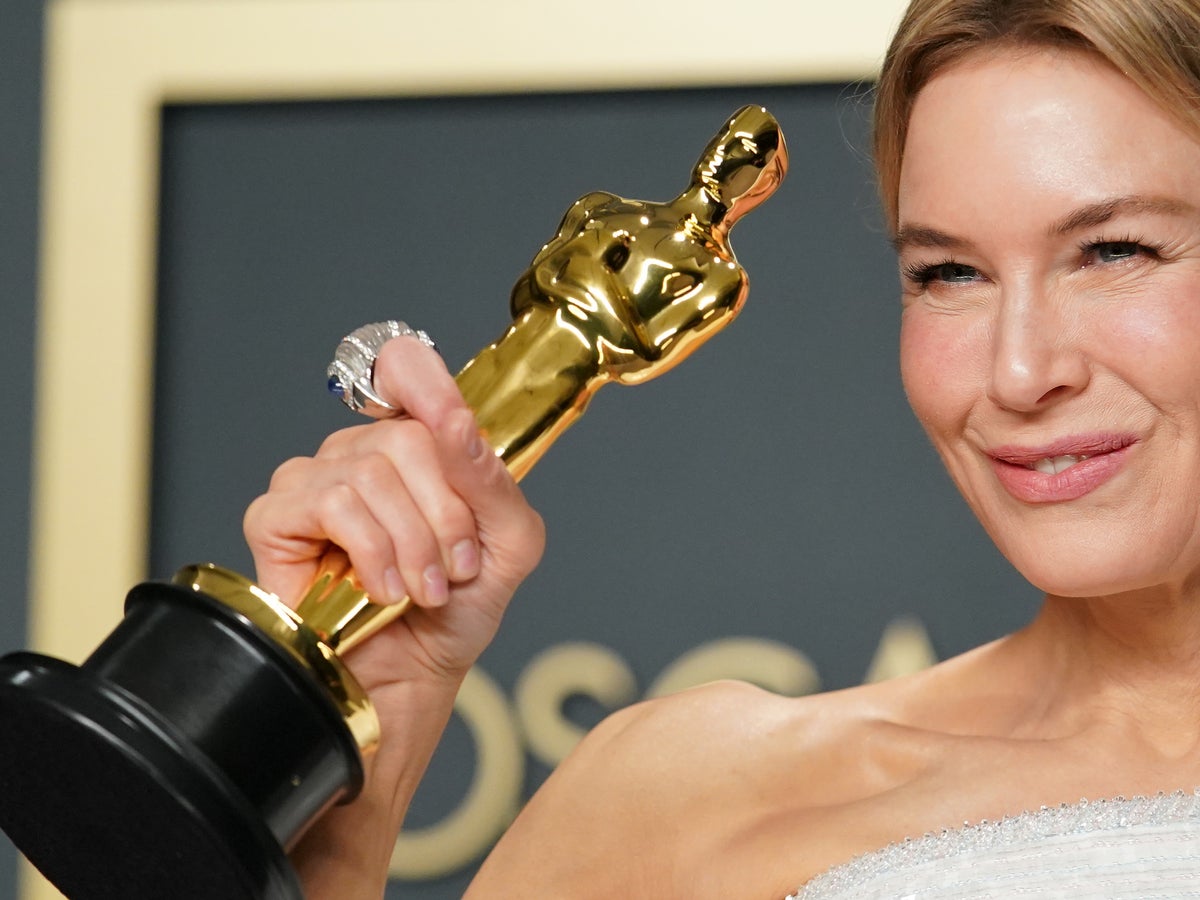
It’s here; the biggest night in film is upon us – of course, we’re talking about the Academy Awards. Happy Oscars season to those who celebrate, or even care!
As with every awards show lately, this forthcoming ceremony – taking place on 28 March – has been marred in controversy. The Academy’s decision, announced last month, to slash eight categories from its live broadcast in order to save time has been met with criticism that the bigwigs are compromising the awards in the vain hope of attracting a greater audience to a shorter show. But as Edgar Wright recently put it, “No one who tunes in to watch the Oscars is doing so on the promise that it might end 30 minute earlier.”
Whether or not you’ll be tuning into this year’s ceremony (the steadily declining viewership figures of the past few years suggests the latter), chances are you’ve wondered at least once or twice where the Oscars got its name from. This golden statuette has become emblematic of excellence in film, the crème de la crème of movie-making artistry – so why do the Oscars of the world get all the glory?
There are multiple theories at play here. In a 2015 video, historian Robert Osborne broke down three of the most prominent origin stories – reiterating that really all we know for certain is that the name was introduced some time around 1935.
A fan-favourite theory proposes that none other than Bette Davis herself had a hand in naming the award. The American actor – and recipient of two Oscars – is believed to have nicknamed the statuette after her first husband, Harmon Oscar Nelson, remarking that its golden rear resembled her ex-partner’s peachy behind.
An infinitely less interesting but perhaps more plausible theory suggests that Hollywood columnist Sidney Skoklsky is the man behind the notable name. The writer had been publishing articles using the name “Oscar” as a stand-in for the Academy Award since 1934, and confirmed the reasons behind the affable epithet in his 1975 book Don’t Get Me Wrong – I Love Hollywood. “It was my first Academy Awards night when I gave the gold statuette a name. I wasn’t trying to make it legitimate,” wrote Skoklsky. “The snobbery of that particular Academy Award annoyed me. I wanted to make the gold statuette human.” A rebel through and through, he added that he wanted a name “that would erase [the Academy’s] phoney dignity”.
With its protruding biceps and pectorals, award itself cuts an especially muscular figure...— (AP)
Skoklsky landed on Oscar after being inspired by 20th century vaudeville shows. “The comedians having fun with the orchestra leader in the pit would say, ‘Will you have a cigar, Oscar?’ The orchestra leader reached for it; the comedians backed away, making a comical remark. The audience laughed at Oscar.” And so the golden statuette was (apparently) christened thus.
A final theory attributes the nickname to Academy librarian Margaret Herrick who reportedly made an off-hand comment that the statuette reminded her of her uncle Oscar. The name eventually stuck, especially when she later became the Executive Director of the Academy.
Wherever the name comes from, it’s a whole lot less of a mouthful than saying “the gold statue of the Academy” time and time again. Now that would really make for a very long ceremony.







